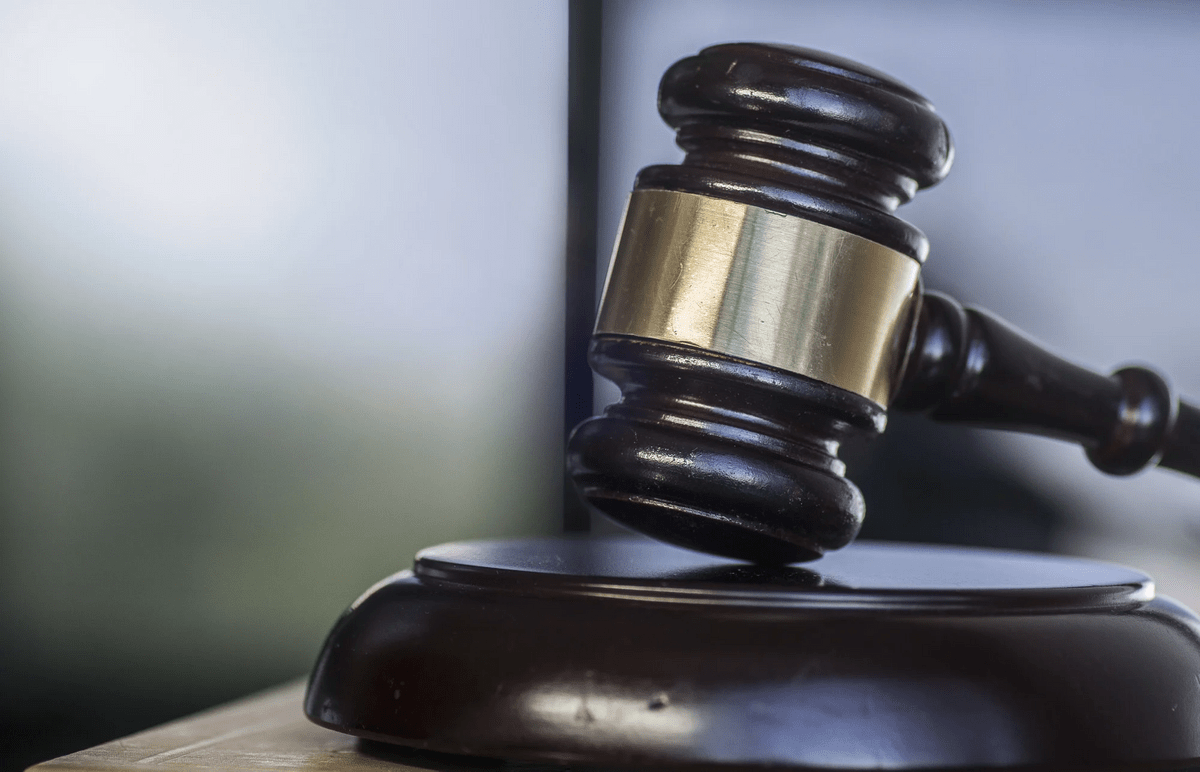
The Worker Adjustment and Retraining Notification (WARN) Act is a federal law designed to protect employees by requiring employers to provide advance notice of significant layoffs or plant closures. When facing a situation where the WARN Act may come into play, it's crucial to have competent legal representation. Choosing the right WARN Act lawyers can make a substantial difference in ensuring your rights are protected. In this article, we'll explore key considerations to help you make an informed decision when selecting attorneys for WARN Act cases.
Specialization and Expertise:
The WARN Act is a complex piece of legislation, and navigating its intricacies requires specialized knowledge. Look for lawyers who specialize in employment law and, more specifically, have experience with WARN Act cases. These attorneys are likely to be well-versed in the nuances of the law, ensuring that they can provide effective guidance tailored to your situation.
Reputation and Track Record:
Research the reputation and track record of potential WARN Act lawyers. A legal professional's reputation often speaks volumes about their commitment to client success. Seek out reviews and testimonials from previous clients, and inquire about the outcomes of similar cases they have handled. A lawyer with a history of successful WARN Act cases is more likely to understand the complexities involved and navigate them effectively.
Experience with Large Corporations:
The WARN Act often comes into play in the context of large-scale corporate actions, such as mass layoffs or plant closures. It's crucial to choose lawyers who have experience dealing with large corporations, as these cases may involve intricate legal battles against well-funded legal teams. Lawyers with a history of representing employees against sizable corporate entities are better equipped to handle the challenges associated with such cases.
Consultation Process:
WARN notice offer initial consultations to discuss the specifics of your case. Use this opportunity to assess the lawyer's communication style, level of interest, and understanding of your situation. A lawyer who actively listens, asks pertinent questions, and provides clear insights during the consultation is likely to be a valuable advocate throughout the legal process.
Legal Fees Structure:
Understanding the legal fees structure is a crucial aspect of choosing WARN Act lawyers. Inquire about their fee arrangements, whether they work on a contingency basis, charge hourly rates, or have a fixed fee for their services. Additionally, clarify any additional costs, such as court fees or expert witness fees, that may be associated with your case.
Accessibility and Communication:
Effective communication is key in any legal proceeding. Ensure that the lawyers you choose are accessible and responsive to your inquiries. Discuss their preferred modes of communication, response times, and how they keep clients informed about case developments. A lawyer who values transparent communication can provide you with a more positive and stress-free experience.
Personal Connection and Trust:
Building a level of trust and establishing a personal connection with your WARN Act lawyers is essential. You will likely share sensitive information about your employment and financial situation, making it crucial to feel comfortable and confident in your legal representation. Trust your instincts and choose lawyers with whom you feel a strong rapport.
Conclusion:
Choosing the right WARN Act lawyers is a critical step in safeguarding your rights as an employee facing significant workplace changes. By considering specialization, reputation, experience with large corporations, the consultation process, legal fees structure, accessibility, and the establishment of a personal connection, you can make an informed decision and navigate the complex legal landscape with confidence. A skilled and experienced legal team can make a substantial difference in the outcome of your WARN Act case, ensuring that your rights are protected and justice is served.